Empowering HR Through Accountability: The Foundation for Long-Term Success
Accountability isn’t just a buzzword in HR. It’s the cornerstone of a well-functioning organization where talent processes are designed, implemented, and respected across all levels. Yet, all too often, HR leaders find themselves in challenging situations. The systems are in place, the best practices well-documented, but follow-through is sporadic, leading to underwhelming results and internal friction. Why? The answer often comes down to accountability—or the lack of it.
At Mosaic Consulting Group, we recognize this systemic gap and the critical role that HR plays in driving meaningful change. While accountability might seem like a leadership or team-specific issue, it is deeply embedded in the fabric of every department, starting with HR. Without it, the most sophisticated processes risk crumbling.
The Accountability Void: A Silent Culture Killer
Failure to uphold accountability within HR leads to more than just missed goals. It weakens leadership, demotivates employees, and fosters a culture where inconsistency becomes the norm. Ultimately, the organization suffers.
But HR doesn’t have to sit on the sidelines. Instead, HR leaders should become champions of accountability, working not only to build effective processes but ensuring that leaders and teams stick to them. When done right, the ripple effects reach every corner of the business—from boosting employee engagement to driving better talent decisions.
Breaking the Cycle: HR as a Change Agent
The real challenge? Getting people to stick to processes, even when it’s uncomfortable or unpopular. HR’s job goes beyond crafting efficient frameworks. It’s about fostering a mindset of adherence and setting the tone for the rest of the organization. But how can HR lead this charge?
1. Engage Executives from Day One
For accountability to thrive, it needs executive backing. Senior leaders must not only endorse HR processes but actively participate in their execution. By linking HR practices to business outcomes, HR can demonstrate that accountability isn’t an HR issue—it’s a business imperative.
2. Build a Culture of Ownership
Ownership starts with clear expectations. It’s essential to communicate what’s at stake when processes aren’t followed. This transparency ensures that every leader and team understands the direct correlation between their adherence to HR practices and the organization’s broader success.
3. Equip Leaders to Hold Their Teams Accountable
Empowering leaders with the right training and tools ensures they’re not just aware of the processes but are equipped to enforce them. HR should lead the charge in upskilling managers to recognize the importance of process discipline, making accountability a core leadership competency.
4. Measure and Act on Insights
It’s one thing to establish processes—it’s another to ensure they’re followed. Continuous monitoring is essential. By leveraging data to evaluate how closely teams adhere to HR processes, HR can intervene early, offering guidance or corrective actions where necessary. Success should be rewarded, and noncompliance must be addressed consistently.
When Accountability Hits a Wall: Moving Beyond Resistance
Sometimes, despite HR’s best efforts, executives may remain resistant to enforcing accountability. It can feel like pushing a boulder uphill, but there are ways to gain traction:
- Link Outcomes to Metrics: Data speaks volumes. Presenting concrete metrics that tie HR practices to key business results—like retention, productivity, or even financial performance—makes it hard for executives to ignore the need for process adherence.
- Find Allies Among Influencers: Sometimes, all it takes is the support of a few influential leaders to create a groundswell of change. Identifying champions within the organization who already understand the value of accountability can help HR gain momentum.
- Celebrate Small Wins: Instead of rolling out massive initiatives, sometimes starting small yields more significant results. Implementing accountability measures within a specific team or department, then showcasing the positive outcomes, can build executive buy-in over time.
Leading Through Accountability
HR has the unique position of shaping the organizational culture from the inside out. The success of talent processes, leadership development, and even employee engagement starts with one crucial element—accountability. While it may be challenging to instill at times, the long-term benefits are undeniable.
At Mosaic Consulting Group, we partner with organizations ready to make accountability a priority. By ensuring that HR processes are not only developed but adhered to, we help businesses create sustainable success. Interested in how we can support your HR transformation?




